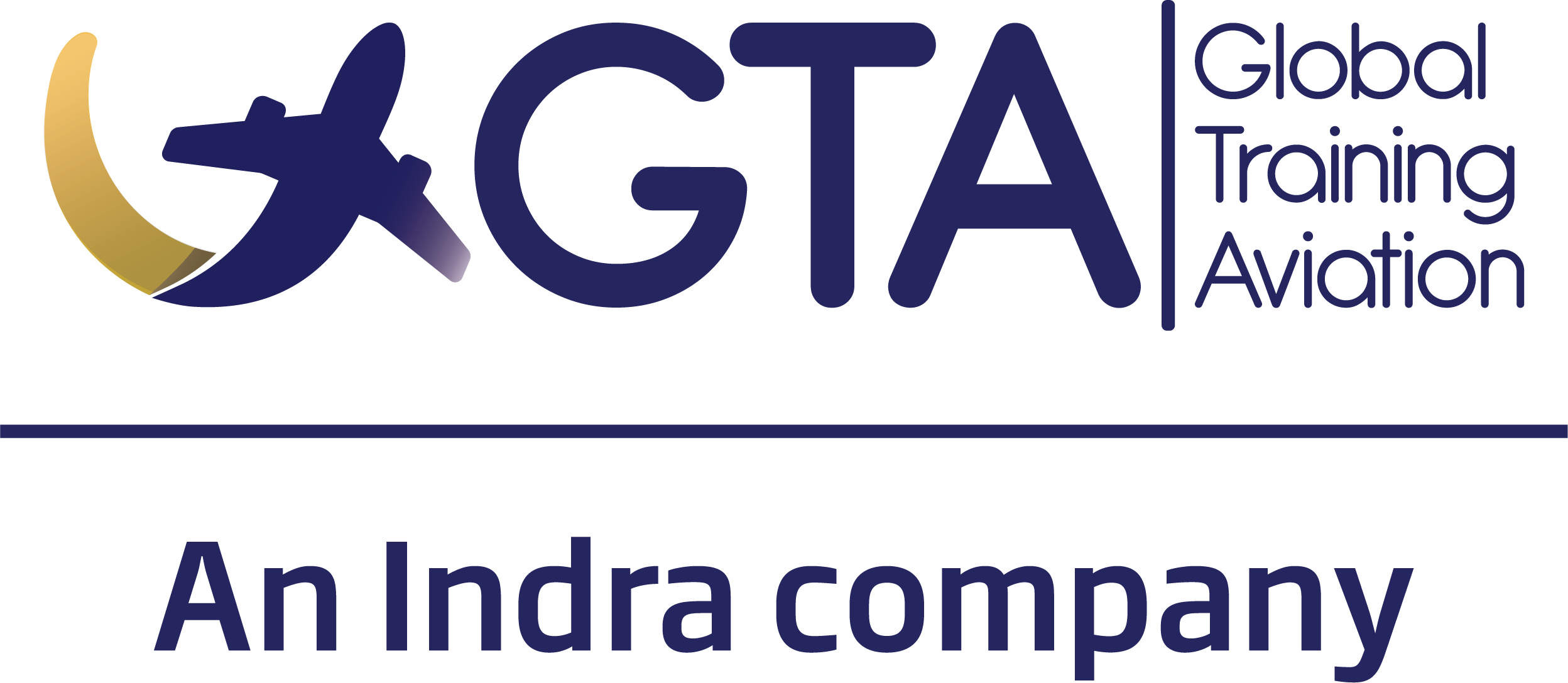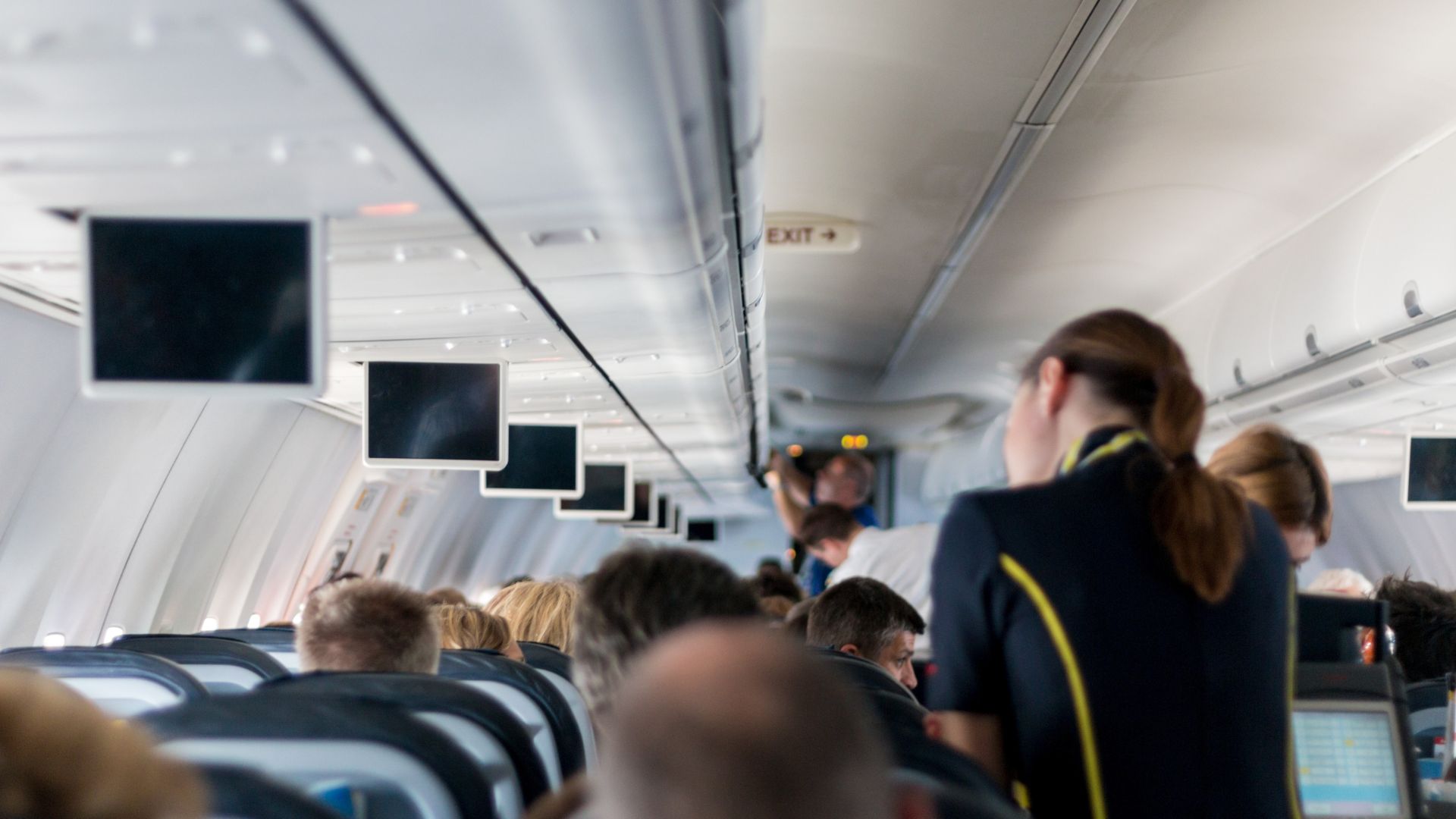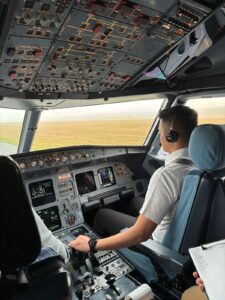The profession of a cabin crew member is one of the most exciting and dynamic careers out there. However, like any other career, there comes a time when flight attendants must retire. The cabin crew retirement age varies depending on the country, airline, and current labor regulations.
What Is the Standard Retirement Age?
In most countries, the cabin crew retirement age aligns with general retirement laws.
- In Europe: The retirement age is typically between 65 and 67 years, depending on the regulations of each country.
- In the United States: Cabin crew members can work until the age of 65, though some choose to retire earlier.
- In Asia and the Middle East: Certain airlines impose earlier retirement limits, often between 50 and 55 years.
Factors Influencing the Retirement Age of Cabin Crew
Labor Legislation
Each country enforces labor regulations that include the maximum age for certain professions. For cabin crew, these laws ensure their physical and mental well-being as they age.
Airline Policies
Some airlines implement specific internal policies that influence the cabin crew retirement age. For instance, low-cost or regional airlines may have different requirements compared to major international carriers.
Physical and Medical Conditions
Since flight attendants play a vital role in onboard safety, it is crucial for them to meet certain health standards. If a crew member fails periodic medical evaluations, they may need to retire before reaching the standard age.
Can Cabin Crew Work After Retirement?
While official retirement may mark the end of a career as a cabin crew member, many flight attendants choose to stay in the aviation industry in other capacities:
- Cabin Crew Trainers: Sharing their experience by training new recruits.
- Administrative Roles: Working in airline offices or managing ground operations.
- Aviation Consultants: Advising on safety procedures and customer service.
Why Do Some Airlines Have Lower Retirement Ages?
In some regions, airlines set earlier retirement ages to maintain a younger and more energetic crew. However, these policies are often balanced with early retirement packages or additional benefits for flight attendants retiring before the standard age.
Ultimately, the cabin crew retirement age can vary significantly based on local regulations and airline policies. What matters most is that retirement offers an opportunity to explore new horizons after a unique and rewarding career. If you’re considering becoming a flight attendant, keep in mind that this profession not only provides excitement but also stability and the possibility of continued involvement in aviation even after retiring.
A career as cabin crew is an enriching journey, and understanding the nuances of retirement can help you prepare for every stage of this remarkable profession.





